Dog / Detail
A Dog's Drink: Hydration and Nutrition
Jonathan Bennet | 26 September 2024 | 12:05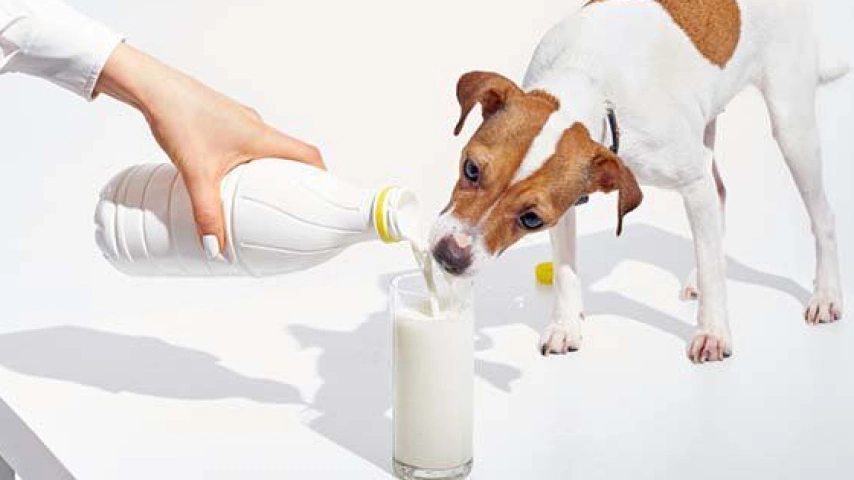
While we often focus on providing our dogs with nutritious meals, their hydration needs are equally important.
Ensuring that our canine companions have access to clean, fresh water is essential for their overall health and well-being. This article will explore the best practices for providing water to dogs, addressing common questions about water sources, milk, and sugar.
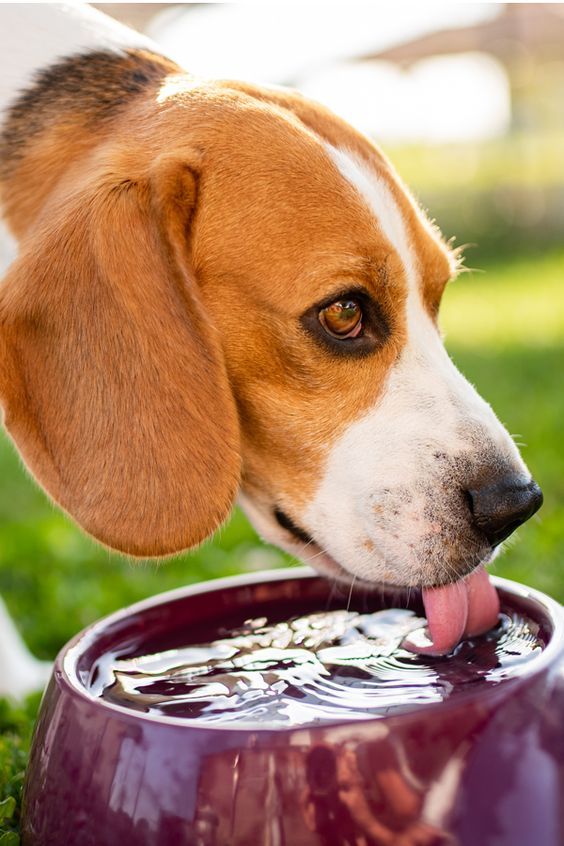
Remember, hydration is just as important as nutrition, so don't neglect your dog's water needs.
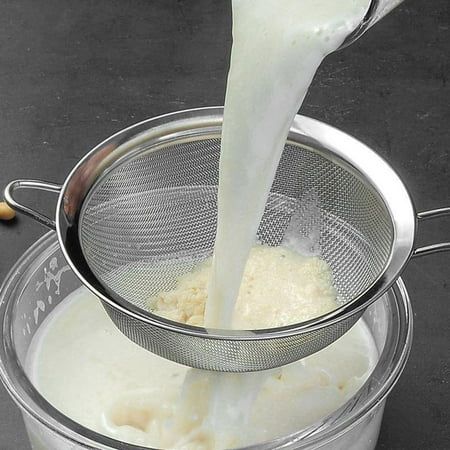
- Freshwater: The most ideal water source for dogs is clean, fresh water. This can be tap water, filtered water, or bottled water. Ensure that the water is free from contaminants and has no unpleasant taste or odor.
- Avoid Stagnant Water: Never allow your dog to drink from stagnant water sources, such as puddles, ponds, or streams. These bodies of water may contain harmful bacteria, parasites, or toxins.
- Boiled Water: While boiling water can kill harmful bacteria, it's generally not necessary for dogs unless the tap water is known to be contaminated. If you're unsure about the quality of your tap water, boiling it can be a precautionary measure.
- Rainwater: While rainwater may seem natural and refreshing, it's best to avoid allowing your dog to drink directly from rainwater puddles. Rainwater can contain pollutants and contaminants that can be harmful to dogs.
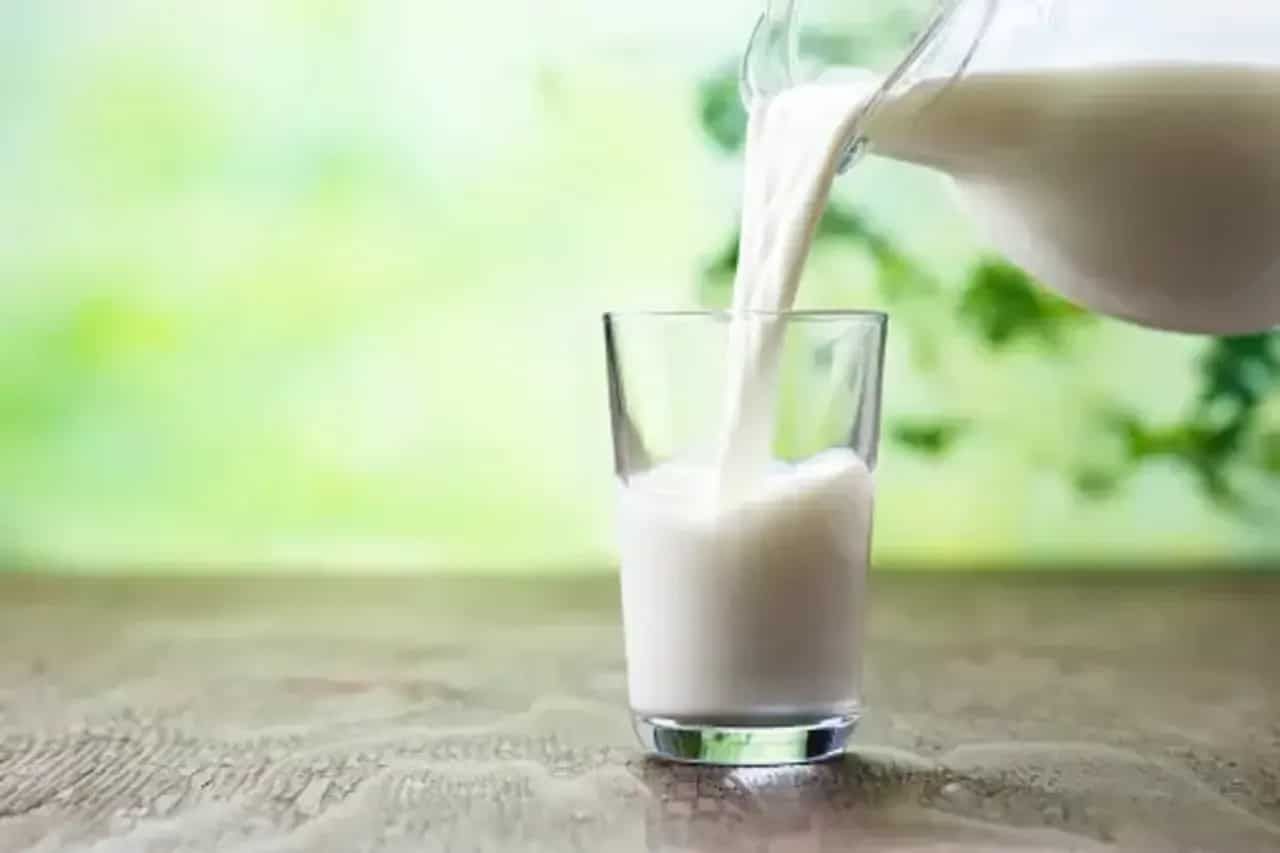
- Milk: While many dogs enjoy the taste of milk, it's important to choose the right type. Cow's milk is often lactose intolerant, which can cause digestive issues for some dogs. If your dog has a sensitive stomach, consider using lactose-free milk or goat's milk.
- Full-Fat vs. Skimmed Milk: Full-fat milk can provide additional calories and nutrients, but it's also higher in fat. Skimmed or low-fat milk is a healthier option for dogs with weight management concerns.
- Dairy Alternatives: If your dog is lactose intolerant or has allergies to dairy products, there are many dairy-free alternatives available, such as almond milk, coconut milk, or soy milk.
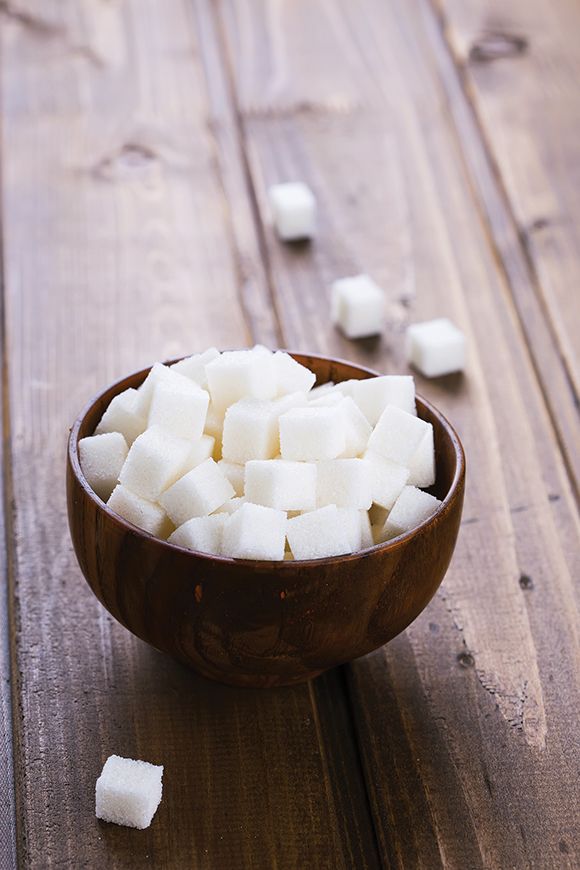
- Avoid Sugar: It's essential to avoid giving your dog sweetened beverages, such as soda, juice, or sweetened tea. Excess sugar can contribute to obesity, dental problems, and other health issues.
- Sugar in Drinking Water: If you're concerned about the sugar content in your tap water, you can use a water filter to remove impurities. However, it's generally safe for dogs to drink tap water without worrying about excessive sugar.
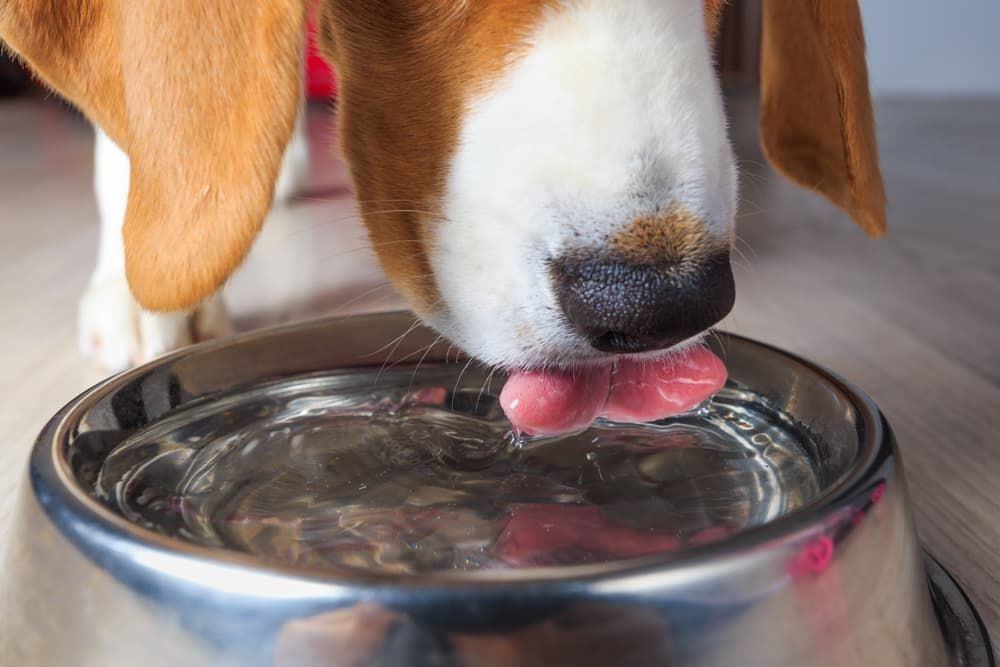
- Fresh Water Bowl: Ensure that your dog always has access to a clean, fresh water bowl. Place the bowl in a convenient location where your dog can easily reach it.
- Portability: If you're taking your dog on outings, bring along a portable water bottle and bowl to keep them hydrated.
- Encourage Drinking: If your dog is reluctant to drink water, try adding a few ice cubes or a splash of chicken broth to make it more appealing.
- Monitor Hydration: Pay attention to your dog's hydration levels. If your dog appears dehydrated, their gums may be dry and sticky. Increase their water intake and consult with your veterinarian if necessary.
Related
-

The Healing Power of Dogs: How Canine Therapy is Revolutionizing Mental Health and Boosting Positive Energy in Humans
Dog14 November 2024
-

A Pawsitive History: Dogs of Nuremberg
Dog09 November 2024
-

The Role of Oxytocin in the Human-Dog Bond: The Science Behind Our Deep Connection
Dog06 November 2024
-
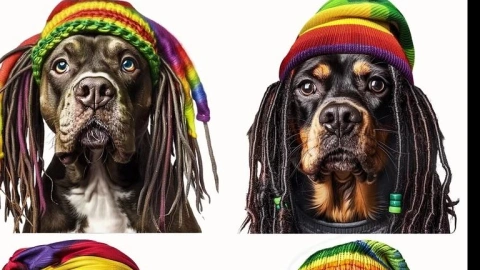
Beyond the Beach: Jamaica's Dog Lovers
Dog29 October 2024
-

A Dog's Delights: Homemade Snacks for Our Furry Babies, Recipes Included!
Dog29 October 2024
-
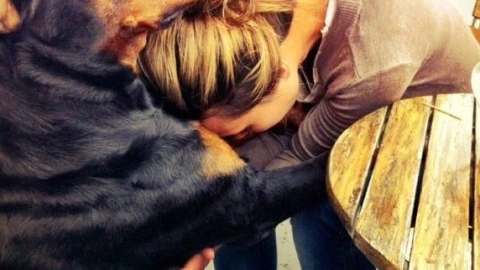
A Dog's Disorientation: Understanding Your Dogs' Wanderlust
Dog29 October 2024
Popular
-

-

A Pawsitive History: Dogs of Nuremberg
09 November 2024 -

-

Beyond the Beach: Jamaica's Dog Lovers
29 October 2024 -
